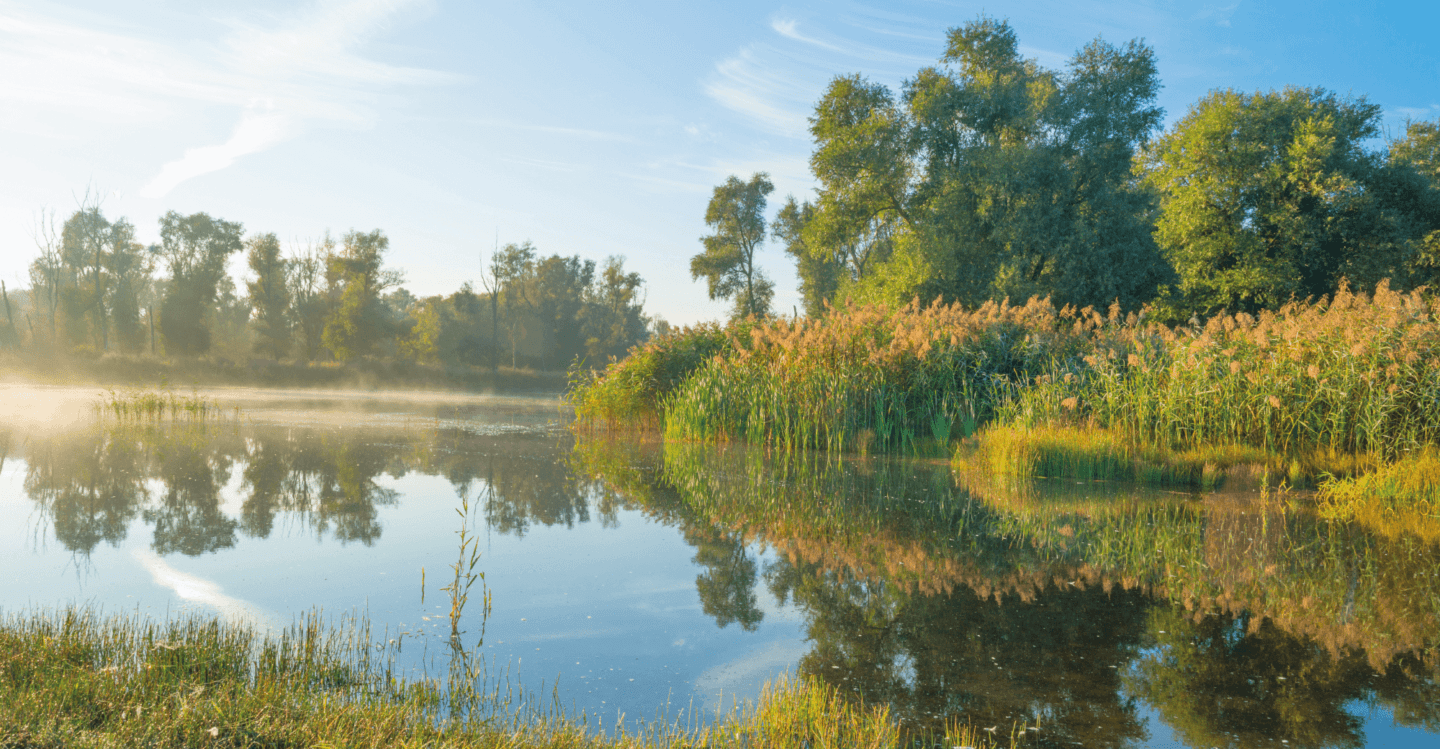
How bees contribute to global economic growth
September 14, 2022
How many bees have you seen this year? It’s long been highlighted that bees globally are disappearing. Faced with several threats, from habitat loss to the use of pesticides, human behavior is destroying bee colonies and forcing many to die out.
While the loss of one small insect may not seem like a huge deal, it will have a profound effect on human life if not saved. Without bees and other important pollinators, the availability and diversity of fresh produce would decline. Causing a negative effect on human nutrition. Crops that would not be cost-effective to pollinate by humans or machines would be lost.
What does this have to do with economic growth?
The loss of bees from our natural environment highlights the importance of biodiversity to sustainable living. We are entirely dependent on Earth’s ecosystems to survive, and biological diversity is critical to securing a sustainable future. Ecosystems are the source of the air we breathe, fresh water, food, fuel, and medicines. Yet human activity is causing unprecedented damage to environmental assets, threatening Earth’s precious balance of plants, animals, and microorganisms.
According to the United Nations (UN), three-quarters of the land-based environment and about 66% of the marine environment have been significantly altered by human actions. One million animal and plant species are now threatened with extinction, largely due to land use change. Including the clearance of land for livestock to meet the increasing demand for animal protein.
Biodiversity plays a major role in the UN’s Sustainable Development Goals. Life below water and on land, biodiversity and healthy ecosystems provide the essential resources that enable entire industries. Including agriculture, forestry, fishing, and tourism. These sectors contribute a sizeable fraction of the global economy, not to mention facilitating healthy lifestyles and good nutrition.
How can I protect biodiversity?
Just as the larger aim to achieve Net Positive emissions requires that we give back to the planet more than we take away, restoring biodiversity and natural ecosystems demands the same. One place to start is by restoring any green spaces you may have access to both at home and at work. Growing your own fruit and vegetables and using household food waste to compost and take complete control of the food production process will add to the diversity of your garden, reduce your carbon footprint, and also enable you to enjoy fresh seasonal produce.
You can help create new habitats and environments for wildlife to thrive in, e.g. planting trees, building ponds, and allowing some areas of your lawn to grow longer naturally.
While most media attention on biodiversity is focused on large ecosystems such as the Great Barrier Reef, you can make a lot of difference on your doorstep. It is far better for the planet if you go on holiday close to home instead of traveling far. You are also a tourist when you visit a local beach or attraction, so you consume less fuel. Take part in clean-up initiatives, raise awareness about biodiversity issues and keep yourself informed about any threats to the marine environment. Use your voice and stand up to those who may be damaging local environments.
Supporting local restaurants and food producers can also make a difference. Choose locally sourced seasonal dishes that don’t include endangered plants and animals. Also, take the time to seek out local conservation groups and charities. You could donate money or perhaps volunteer to protect the assets you have come all that way to appreciate. Perhaps go to an exhibition where you can spend time working on a local conservation project.
Want to learn more about the role of biodiversity in sustainable living, or pick up more hints and tips? Access our learning course module today.
Small steps can significantly make a difference when trying to restore natural habitats for the likes of bees. In turn, this can have a positive effect on human health, nutrition, entire industries, and ultimately, local and national economies.
About the author

Dr. Denise Taylor is a qualified sustainability consultant who founded a family-run business, Wylde Connections, alongside her daughter in January 2020. The inception of Wylde brought together Denise’s knowledge, skills and experience gained over 30 years across three main disciplines: environmental education, strategic marketing communications, and learning and development. Find Denise on Linkedin.
Got a learning problem to solve?
Get in touch to discover how we can help

